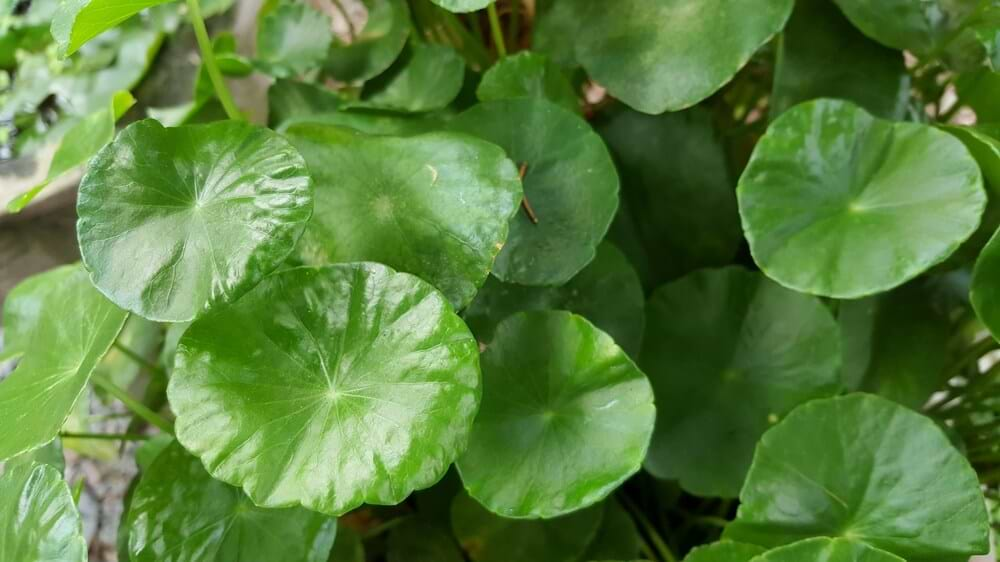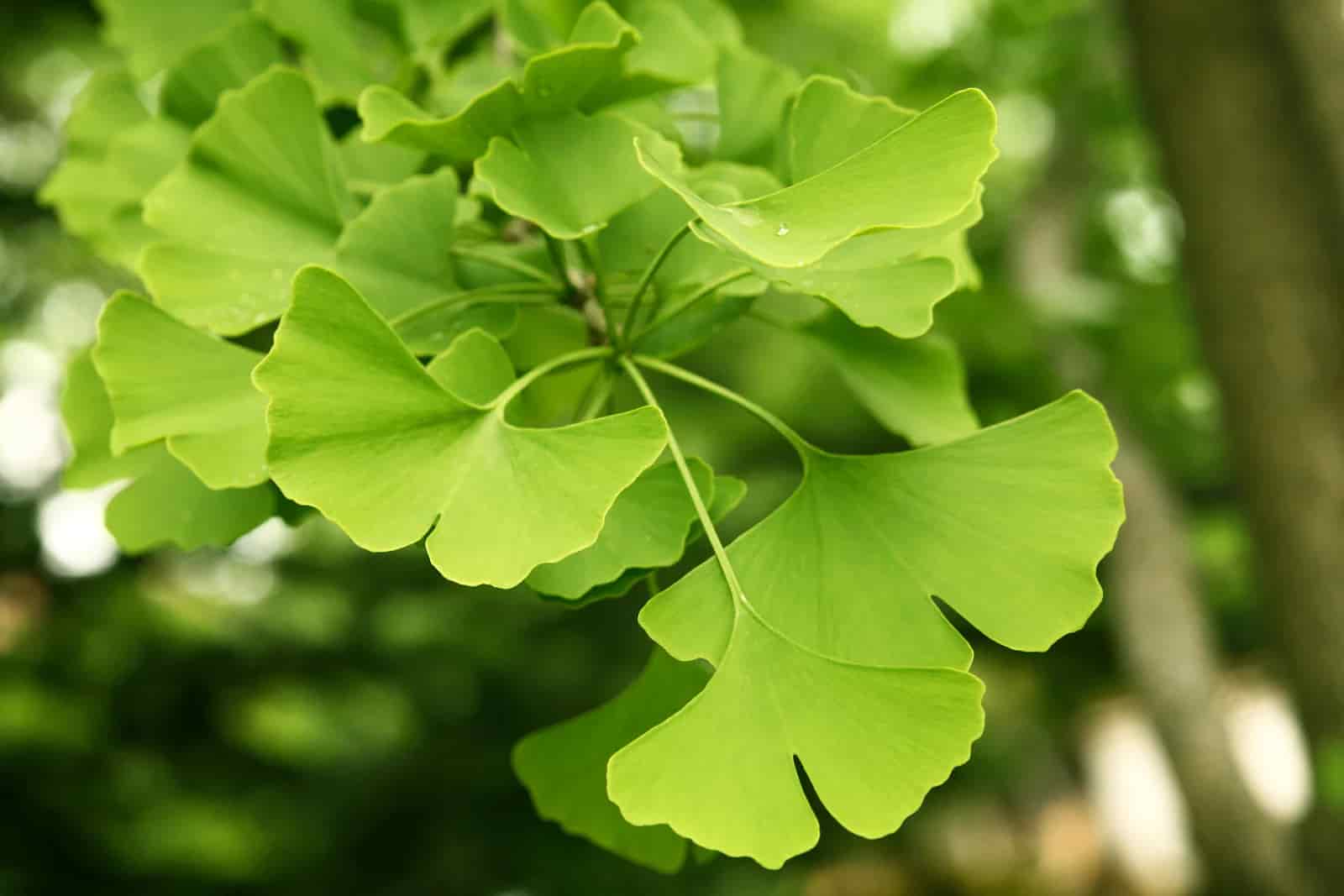Ok, now...what was I doing? What did I come in this room for? C'mon, brain. Let's remember! What...oh yeah! I don't know about you, but I have had this dialogue run through my mind numerous times. I definitely don't remember how many times this has happened, nor do I want to! In fact, who does like to think about memory loss?
My parents assure me that it only gets worse. But I have always maintained a different perspective. While I admire and salute a positive attitude and willingness to make light of "senior moments, "I do not consider cognitive decline and memory loss to be an inevitable consequence of aging. I truly believe when a person is living in a healthy way and can feed themselves a nutrient-dense, phytochemical-rich diet of foods and herbs, they can experience a healthy body and mind at any age. As an Herbalist I love knowing I can seek out botanical strategies to support my body and mind throughout my life. If I remember correctly, I started this post admitting to you that I often struggle with memory loss. Here's what I'll be adding to my personal herbal support protocol to turn that around.
Ginkgo
Many of you have already heard of Gingko biloba as an herb that supports memory, concentration, and ocular health. Gingko has been developing its reputation as an herb for the brain for over a thousand years. It can help you remain alert throughout the day and more focused on the tasks at hand.
Part of its magic lies in its flavanoid and terpenoid constituents. The flavanoids munch up free radicals and protect the blood vessels, nerve shafts, and DNA from damage. The terpenoids relax and expand blood vessels and also reduce platelet stickiness. These actions create a very positive impact. Our blood stream is like our body's river system, flowing away waste and carrying in nutrients and oxygen. When blood is flowing well, life is flowing well.
Eleuthero
Eleutherococcus senticosis is also known as Siberian Ginseng and it is an adaptogenic herb of the highest order. Eleuthero has been traditionally used to build stamina and boost vital energy, but it does not cause a stimulating effect like caffeine or even some of the Panax ginsengs do.
Eleuthero is a hero for the kidneys, adrenals, spleen, and immune system. It restores balance and vitality when you have been chronically stressed by an acute illness or life trauma, and it is also an ideal ally when starting a new job or project, or learning a new skill. When it comes to strengthening the deep reserves of performance power, Eleuthero is the herb to call on.
How To Take Gingko and Eleuthero
Both Ginkgo leaf and Eleuthero root make excellent teas, 1-2 tsp. per cup of the root and 1 tbsp. per cup of the leaf. Ginkgo is particularly tasty this way.
A tincture is also a viable and very practical way to ingest these remedies throughout the day on a regular basis.
Contraindications
Some contraindications do exist for both of these herbs. Due to Ginkgo's blood circulation effects, one should not take it in combination with any blood thinning medications or aspirin. Eleuthero should be avoided by those with irregular heartbeats and those on blood pressure regulating drugs, blood sugar lowering drugs, anticoagulants, and sedatives.
References
Written by Christina Bertelli, Certified Clinical Herbalist.
For educational purposes only. This information has not been evaluated by the Food and Drug Administration. This information is not intended to diagnose, treat, cure, or prevent any disease.
Recommended Products
Further Reading














